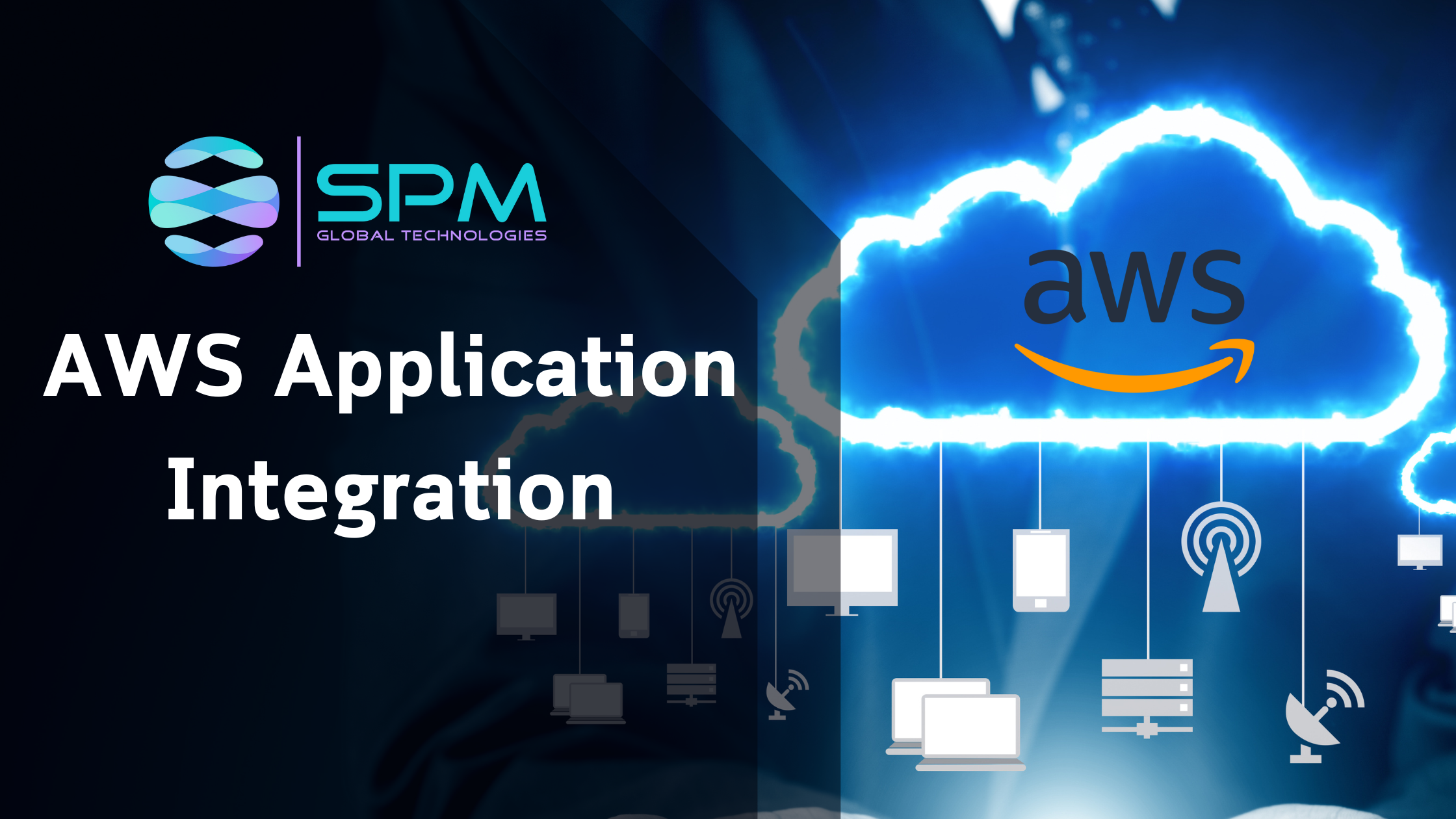AWS Application Integration

What is AWS Integration?
AWS Integration refers to gaining knowledge and insights into how different AWS services can be integrated and work together seamlessly.
It involves understanding the various integration options available, such as APIs, SDKs, messaging services, and more.
By understanding AWS Integration, developers and businesses can leverage the full potential of AWS services and create powerful cloud applications.
Benefits of AWS Application Integration
There are several benefits of AWS Application Integration, including:
-
Improved scalability: By integrating AWS services, applications can dynamically scale based on demand, ensuring optimal performance and cost-efficiency.
-
Enhanced functionality: Integration allows applications to leverage the capabilities of multiple AWS services, enabling the development of feature-rich and versatile applications.
-
Streamlined workflows: AWS Integration enables seamless data transfer and communication between different components of an application, simplifying complex workflows and enhancing productivity.
-
Cost savings: By integrating AWS services, businesses can eliminate the need for managing and maintaining their infrastructure, resulting in significant cost savings.
-
Flexibility and agility: Integration provides the flexibility to choose the most suitable combination of AWS services for specific application requirements, allowing businesses to quickly adapt and respond to changing needs.
Key Components of AWS Integration
When it comes to AWS Integration, there are several key components to consider:
APIs (Application Programming Interfaces) enable different applications and services to exchange information and interact with each other. SDKs (Software Development Kits) provide a set of tools and libraries that simplify the development and integration of AWS services into applications. AWS offers various messaging services like Amazon Simple Notification Service (SNS) and Amazon Simple Queue Service (SQS) that enable reliable and scalable communication between different components of an application. AWS Integration also allows applications to be built using an event-driven architecture, where different services can trigger actions based on events or changes in the system. Additionally, AWS provides services like AWS Glue and AWS Data Pipeline for seamless and efficient data integration between different data sources and applications.
AWS Application Integration Services
Here's a closer look at some of the core services within the AWS Application Integration portfolio:
-
Amazon EventBridge: This serverless event bus allows you to easily connect applications and services using events. It provides a central place to define and discover events, enabling real-time data flow across your applications.
-
Amazon SQS (Simple Queue Service): Amazon SQS acts as a reliable, scalable message queue. Applications can send and receive messages asynchronously, decoupling them from each other and ensuring message delivery even if the receiving application is unavailable.
-
Amazon SNS (Simple Notification Service): Amazon SNS is a pub/sub messaging service for broadcasting messages to multiple subscribers. It's ideal for sending notifications, updates, or alerts to distributed applications.
-
Amazon Step Functions: This service allows you to orchestrate complex workflows that involve multiple AWS services. You can visually define workflows using a state machine, simplifying the coordination of tasks across your applications.
-
Amazon AppFlow: This integration service simplifies data transfer between Software-as-a-Service (SaaS) applications and AWS services. It includes pre-built connectors for commonly used SaaS applications, removing the necessity for bespoke development.
-
AWS Glue: This serverless data preparation service can be integrated with AWS Application Integration to transform and clean data before it's transferred between applications. This ensures consistent data formats and improves data quality across your systems.
Best Practices for AWS Application Integration
To ensure successful AWS Application Integration, consider the following best practices:
Before starting integration, carefully plan and design the architecture to ensure scalability, fault tolerance, and optimal performance. Leverage AWS's managed services, such as AWS Lambda and AWS Step Functions, to simplify integration and reduce operational overhead. Apply security best practices, such as using encryption and identity and access management controls, to protect data and ensure compliance. Continuously monitor the performance of integrated applications and use AWS services like Amazon CloudWatch to identify and resolve any performance bottlenecks. Design integration solutions with built-in fault tolerance and disaster recovery mechanisms to ensure high availability and data resilience.
Future Trends in AWS Integration
The future of AWS Integration looks promising, with several trends shaping the landscape:
-
Serverless computing: The adoption of serverless architectures, enabled by AWS Lambda, is expected to grow, offering more efficient and cost-effective integration options.
-
Internet of Things (IoT) integration: As IoT devices become more prevalent, AWS Integration will play a crucial role in connecting and managing these devices, enabling seamless data exchange and real-time analytics.
-
Artificial Intelligence (AI) integration: Integrating AI services like Amazon Recognition and Amazon Polly into applications will enable advanced capabilities such as image recognition and natural language processing.
-
Hybrid cloud integration: With many businesses adopting a hybrid cloud approach, AWS Integration will continue to evolve to provide seamless integration between on-premises infrastructure and AWS services.
-
DevOps integration: Integration tools and services will continue to evolve to support the seamless integration of development and operations processes, enabling faster and more efficient software delivery.
By understanding your specific needs and exploring the capabilities of each AWS service alongside SPM Global Technologies' expertise, you can choose the optimal solution for your integration challenge.
Contact us today and unlock the full potential of AWS application integration!